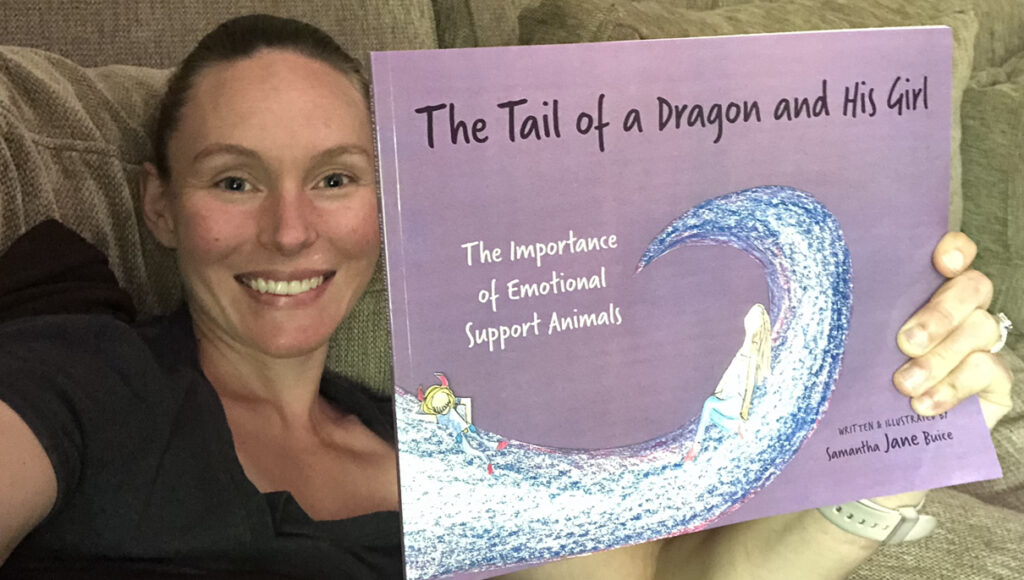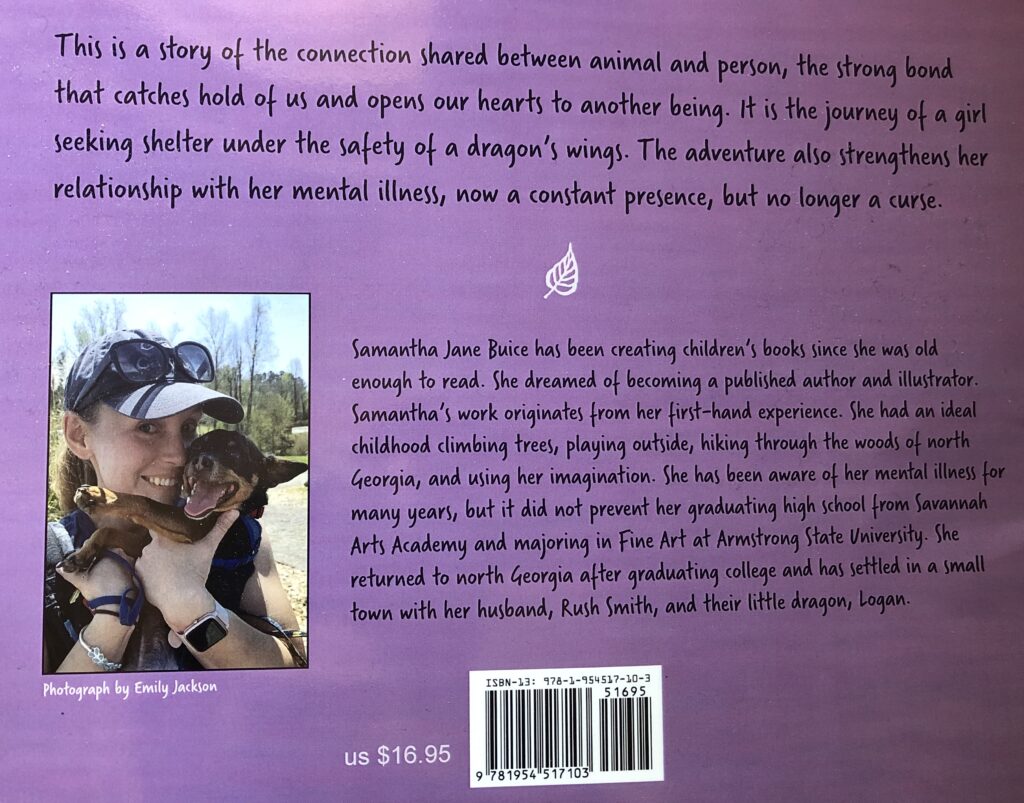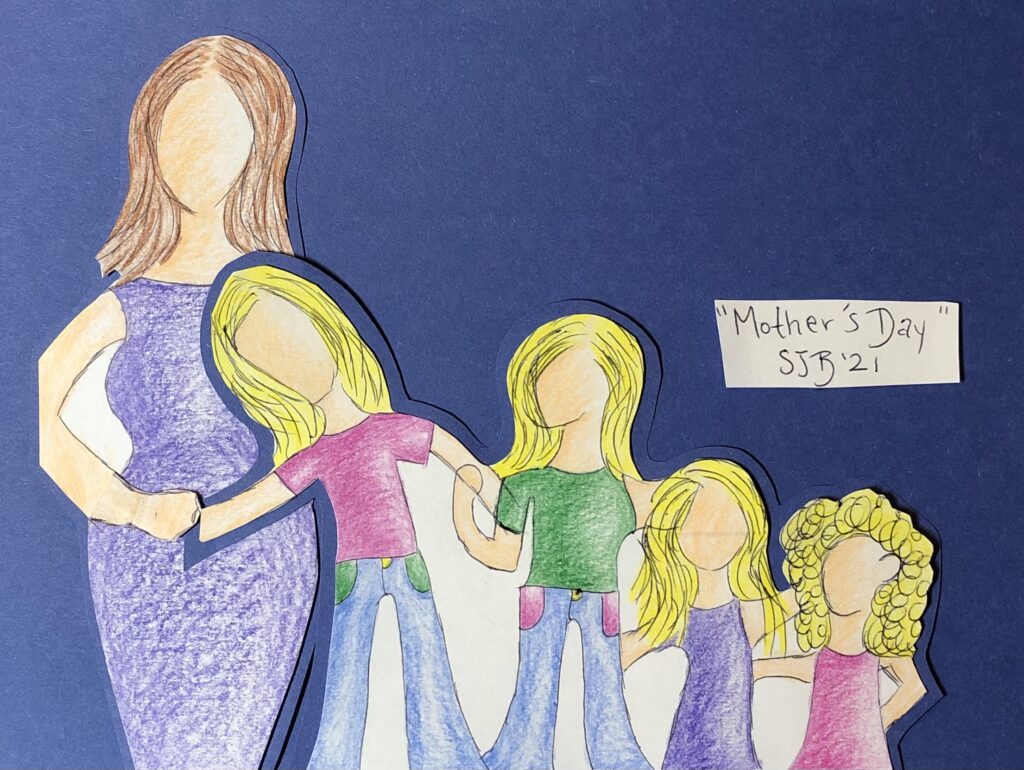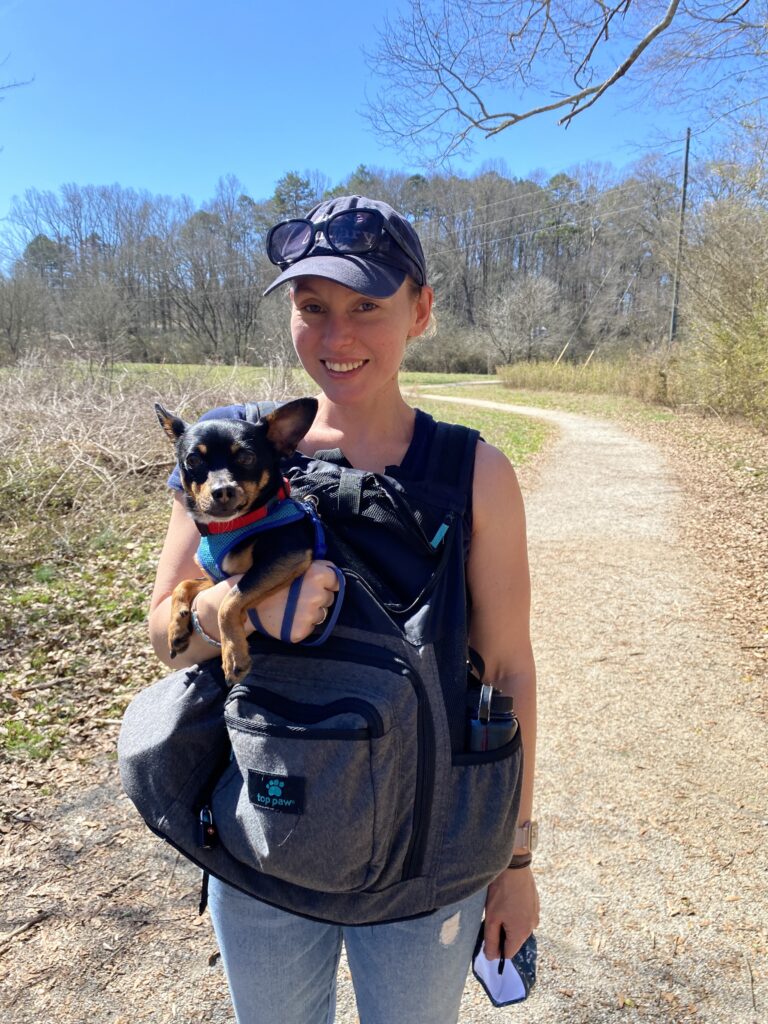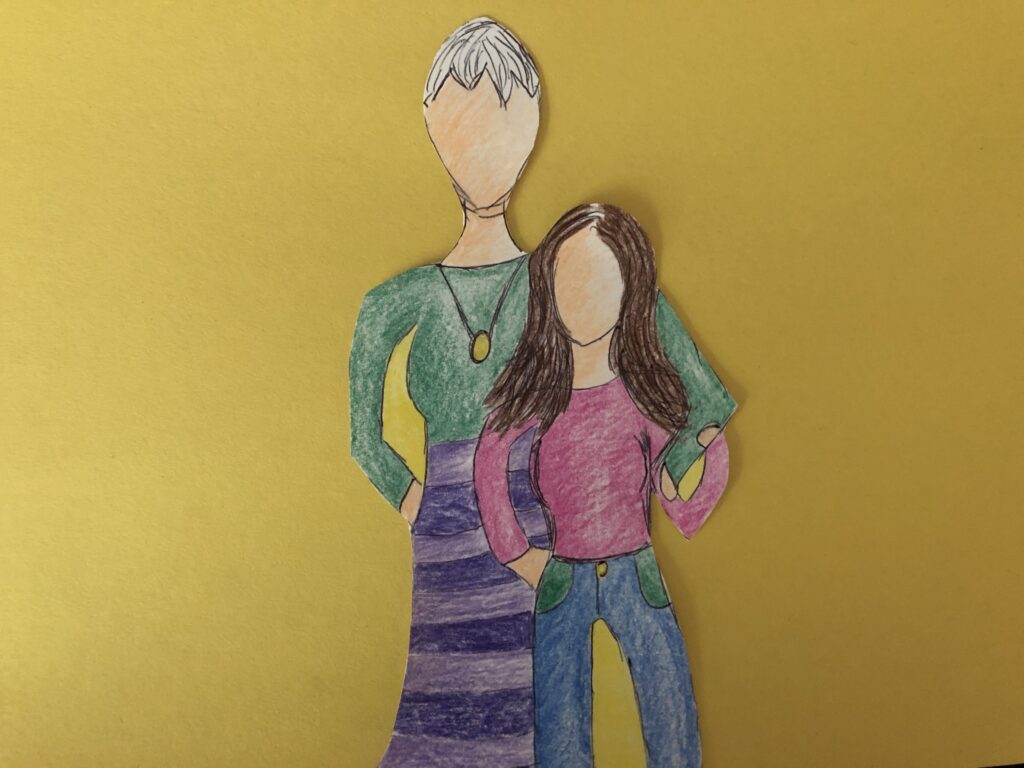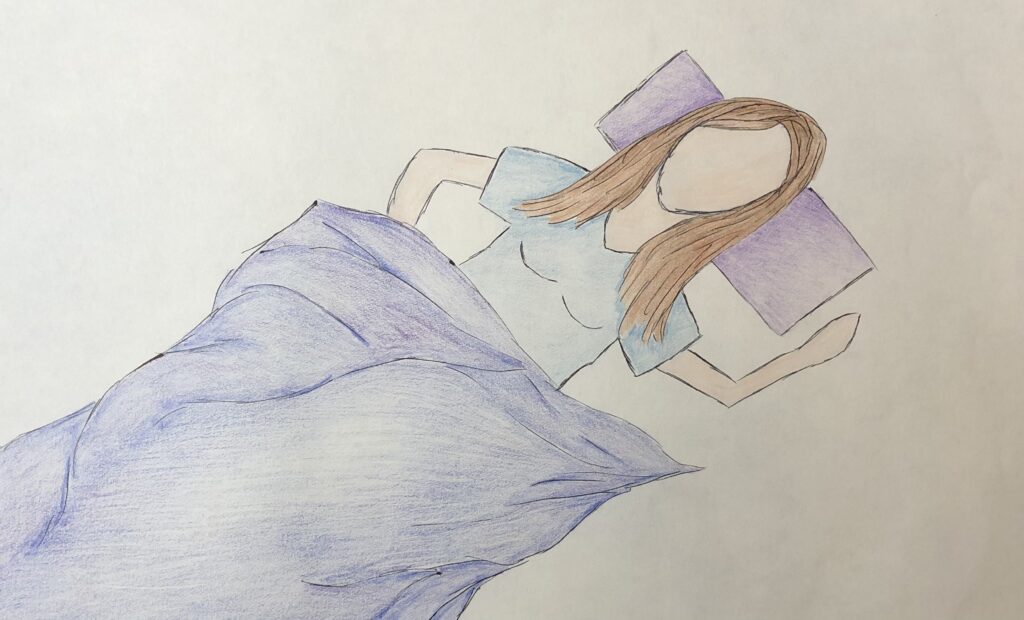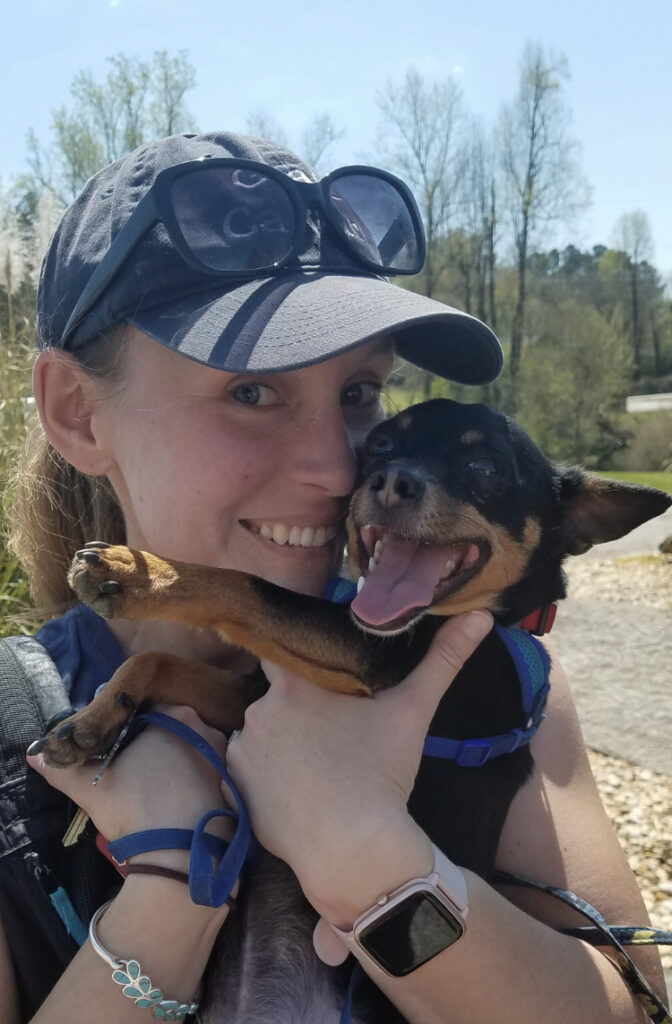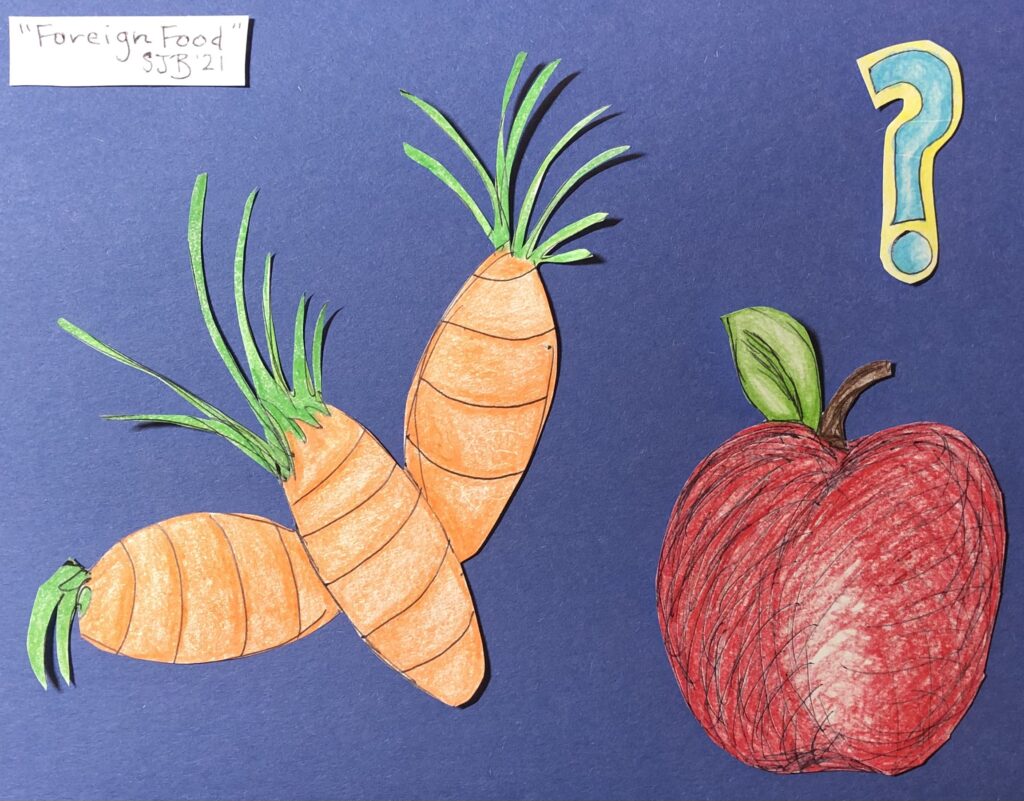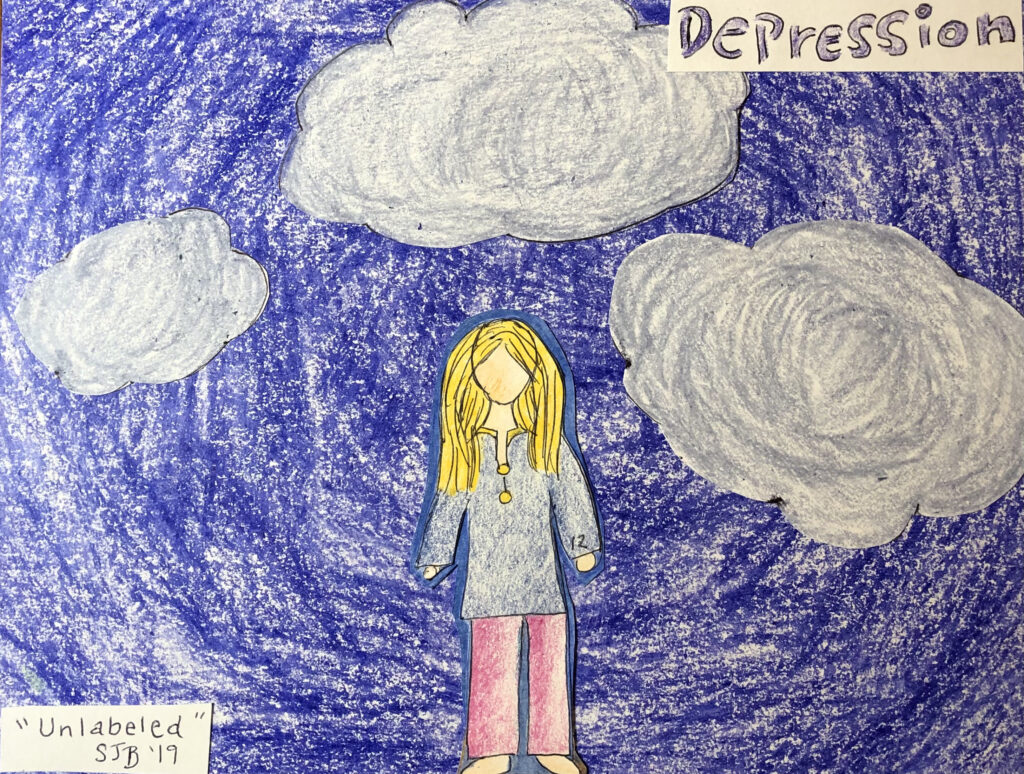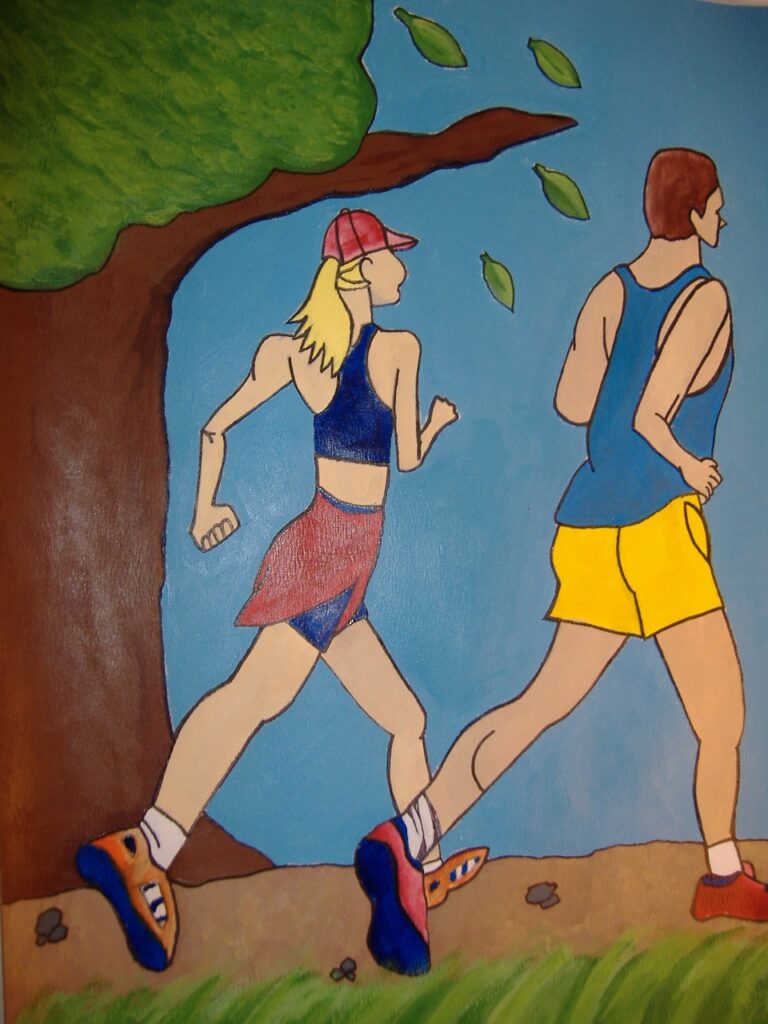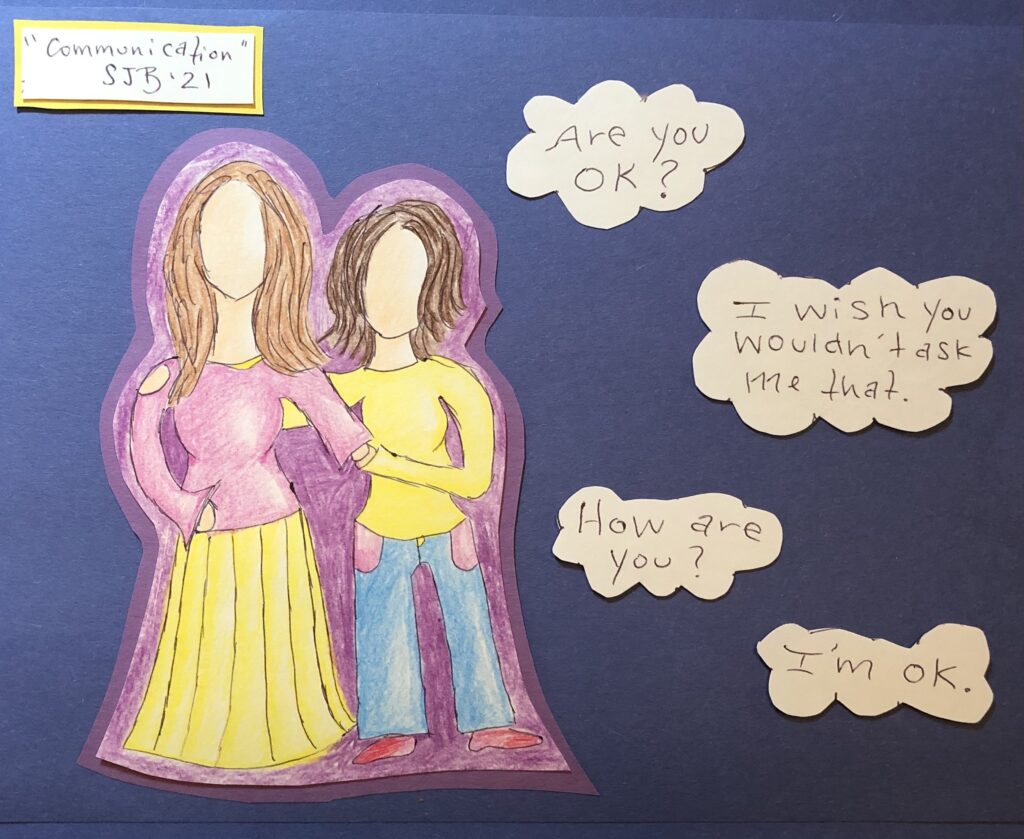
There are many ways to communicate. We relate to one another not only with our words, but with our actions, our body language, and our tone of voice.
Communication begins at a young age. We begin to speak through our actions before we possess words. As babies, we learn the language of our origin. We speak the language as soon as we can. When we can string words together into sentences, our words have power.
Our words have a greater impact on others than we know. As parents, teachers and other leaders in the lives of little ones, we must know that they are hanging on our every word and following our examples. They are tiny sponges soaking up knowledge about how the world works and the parts they will play in the future.
It is important to relay information in a calm tone when speaking to children, and to judge not the actions which may be without their control. The way we communicate with children is a stepping stone for how they will interact with others when they are adults.
My parents taught me and my sisters to speak openly and honestly about all issues and helped us to grow together as a unit without being passive aggressive. We learned to face conflict head on. Our family has a special bond to prove that this method worked for us. There were no problems pushed under our rugs, and no skeletons in our closets.
Everyone has their own set of issues and requires communication specific to their particular condition, whether or not they have a mental illness.
At one point in my life, I required the reassurance that everything was fine; the world was not falling apart; my family was safe; I was not in danger; I did not have a deadly disease. My sister, Jessica, discovered a communication technique which brought me back to reality. The best way to ground me is to look straight into my eyes without breaking contact and calmly tell me the truth. At first I needed Jessica to do this because I could not console myself. We have a special connection, so it worked like magic. Later, counselors learned this trick from my sister and used it to persuade me that everything was fine and that I was really okay. Now, when I seek solace I stand in front of a mirror and look deep into my own eyes, comforting myself. Communication is not always between two people. One must also learn to communicate with oneself.
As a younger person dealing with Bipolar I Disorder, there were things I did not like to be asked or to talk about. I did not like to hear, “How are you feeling?” “Have you taken your medication?” “Are you manic?” “Are you feeling revved up?” Those were the questions asked most frequently, especially from my mom. “Are you okay?” was my least favorite.
When I was first diagnosed, I made it my mission to catch the mania before anyone else could. I wanted to know my body better than my mom, my dad, the general public. But in the beginning, I wasn’t so quick to the draw. Mom always said she “had a visceral reaction to my mania,” or she suspected a bout of mania was on its way because I became extremely irritable. I hated that. I wanted to realize it before she did.
As my illness progressed, I became more aware of myself, and now I know my body even better than my doctor does (or so I like to think). He listens to my suggestions, and most of the time we are on the same page. I appreciate that we are able to communicate on that level.
I am now not so irritable when asked, “Are you ok?” but my mom doesn’t ask me that anymore. She has moved on to “How are you?” which is much better. Many people ask that question to start a conversation–or even in passing when they don’t care about your response–but I know my mom cares and I know that “How are you?” really means “Are you okay?” I love her and I know she just wants me to be happy and healthy.
Communication can be very complicated and sometimes it’s hard to get it right. It does get better though, with practice and time. My mom always says, “If you don’t have anything nice to say, don’t say anything at all.”
That can mean a number of things, but in this instance, I want to address the inevitability that not everything a person says can be nice. There is also the possibility that when you try to be helpful it can sound mean or hurtful. You just have to roll with it and keep trying. “Are you ok?” wasn’t meant to be negative, but at the time, it felt that way to me. Now, my mom and I have a very strong friendship. Sometimes the wrong words will eventually be understood as the right ones.
—SJB
